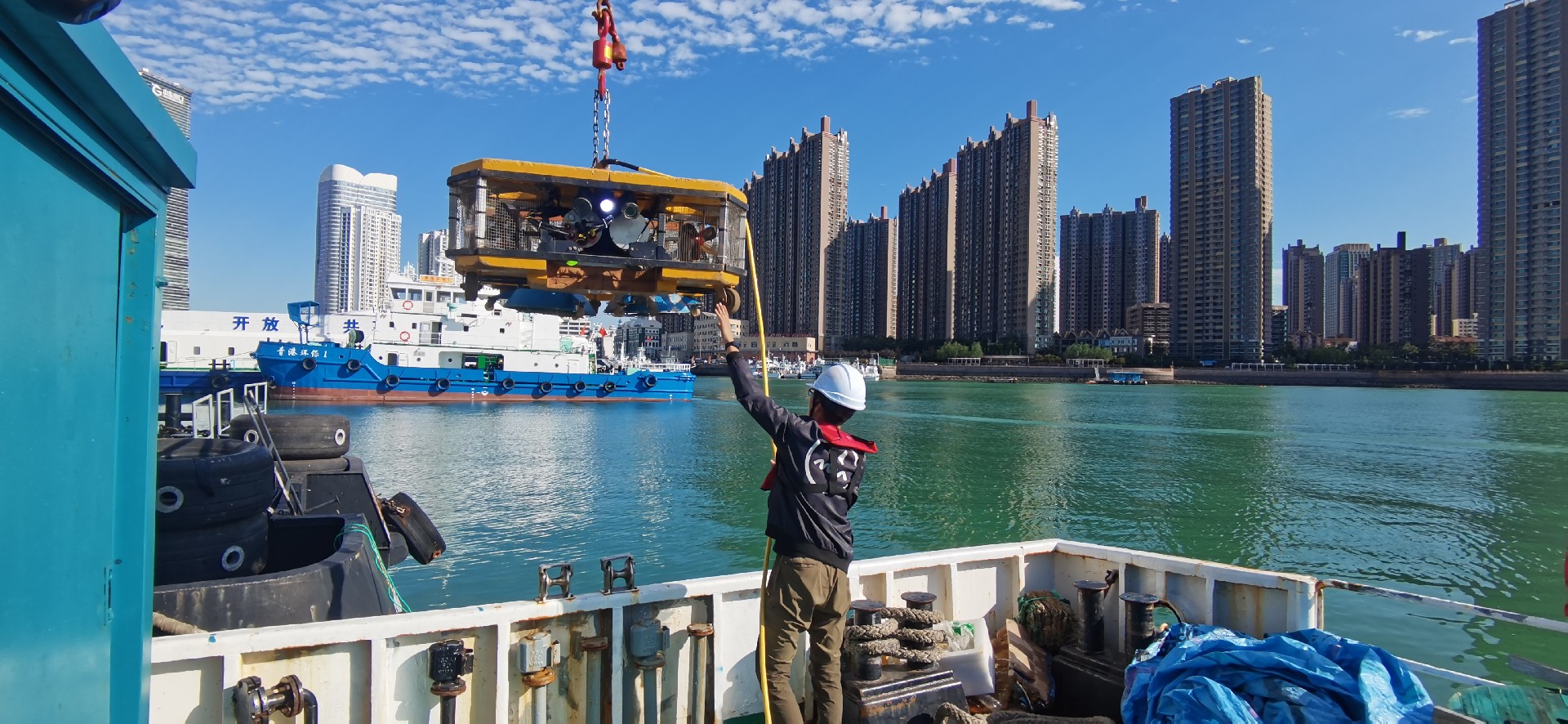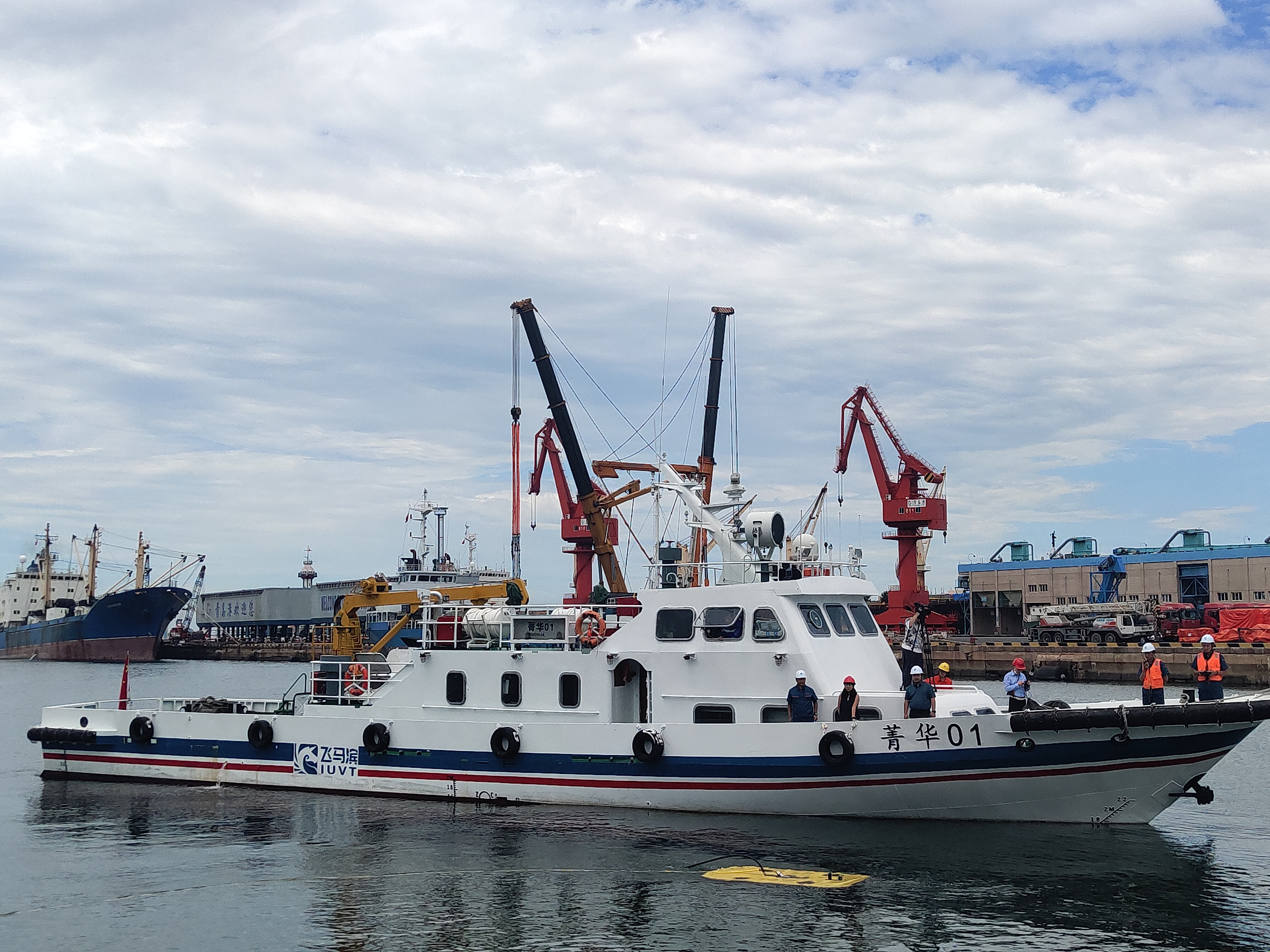NEWS
- Home
- Marketing
- Business Fields
- Services
- Solutions
- News
- Patents & Honors
- Cooperation
- About
- Talents
- Contact


NEWS
发布日期:2022-08-22 15:28:45
As part of the IMO's efforts to reduce greenhouse gas emissions from ships, the Marine Environment Protection Committee (MEPC) of the International Maritime Organization (IMO) adopted amendments to Annex VI of the International Convention for the Prevention of Pollution from Ships (MARPOL). That is, mandatory technical and operational measures based on short-term objectives -- EEXI and CII will come into effect with the entry into force of MARPOL By-Law VI on 1 November 2022 and will bind applicable ships from 1 January 2023.
How to prepare for EEXI and CII
The two new measures are now being introduced, covering almost all existing vessels that are required to comply with Annex VI of the MARPOL Convention, to address technical and operational issues related to emissions.
Energy Efficiency Index for Existing Ships (EEXI)
The existing Vessel Energy Efficiency Index (EEXI) requirements apply to all vessels exceeding 400 gross tonnage under Annex VI of the MARPOL Convention, with some exceptions such as drilling RIGS, non-powered vessels and some icebreakers.
The EEXI of a ship needs to be determined by calculation and compared with the mandatory limit of the ship type. If the calculated EEXI is higher than the mandatory requirement, measures need to be taken to ensure compliance.
The carbon emission per unit gross ton and per unit nautical mile of the ship is calculated based on the main engine power, the corresponding fuel consumption rates of the main engine and auxiliary engines, and the conversion coefficient between the fuel and the corresponding CO2 mass, which depends on the ship's load and the speed associated with the main engine power. EEXI is a design metric, not an operational metric.
The required EEXI calculation and the calculation of the EEXI achieved by the ship shall be included in the same technical document, which shall be approved by the flag state or recognized organization and then carried on board the ship.
After the regulations come into force on 1 January 2023, at the time of the first inspection of the International Air Pollution Prevention Certificate, whether the inspection is an annual, interim or renewal inspection, the EEXI obtained shall be independently verified by the ship's flag state or an accredited organization and a new International Energy Efficiency Certificate shall be issued.
Carbon Intensity Index for Ship Operations (CII)
The carbon intensity index (CII) is a measure of how efficient a ship is in transporting goods or passengers, measured in grams of carbon dioxide emitted per ship's carrying weight and per nautical mile.
An enhanced on-board energy efficiency management plan, including a plan to achieve compliance with CII requirements, needs to be developed and approved by the flag state or recognised organisation.
CII IS APPLICABLE TO vessels of 5000 gross tons and above, except for a few vessel types as described above. Ships are required to determine their operational carbon intensity index (CII) annually based on fuel data collection system information. The recorded CII is then compared with the required annual operational carbon intensity index and the ship is given A decreasing rating from A to E. Ships that have been rated D for three consecutive years, or E for any year, must submit a plan of improvement measures detailing how they will achieve a C or above rating. This rating will be recorded in the Vessel Energy Efficiency Management Program (SEEMP). At the same time, ports and flag states are encouraged to offer incentives to ships with the highest ratings.
The level of carbon dioxide emission limits per class (from A to E) will be gradually reduced until 2030, the standards will be more stringent, shipowners will be encouraged to find new solutions to comply, and it is likely to accelerate the phasing out of older, less efficient tonnage vessels.
How does the shipping industry comply with the new policy
Carry out ship cleaning regularly
As the pillar of the global trade industry, shipping industry is one of the largest exporters of carbon dioxide pollution in the world, with annual emissions exceeding 30%. Barnacles are the main Marine organisms that cause damage to the hull of a ship. In tropical and subtropical waters, barnacles attached to the hull of an anchored ship can grow to 10mm in height in 14 to 20 days. Attachments can increase fuel consumption and reduce ship speed, thereby releasing more carbon dioxide and increasing economic costs.
Through the use of the Pegasus Shore underwater intelligent cleaning robot cleaning service, in order to reduce fuel consumption and save economic costs for ship owners, but also reduce carbon dioxide emissions, reduce environmental pressure, in line with the requirements of the New Deal.

Use low-carbon new energy ships
Tackling carbon emissions from ships at their source is key. Over the years, Pegasus has focused on the field of Marine engineering equipment and port intelligence, followed the overall plan of IMO Low Carbon Shipping Global Industry Alliance (GIA), focused on promoting low carbon emission reduction in the shipping industry, and built an industrial chain of hardware and software research and development and scientific and technological services.
Pegasus is committed to creating new energy powered vessels in line with the regulations, and realizing intelligent, safe and green standardized solutions for port tugs. Based on standardized, scalable and customizable intelligent system solutions, Pegasus will help major ports to build smart ports and green ports, and continue to provide intelligent solutions for port customers to achieve the goal of "carbon neutrality and carbon peak".

Pegasus is committed to creating new energy powered vessels in line with the regulations, and realizing intelligent, safe and green standardized solutions for port tugs. Based on standardized, scalable and customizable intelligent system solutions, Pegasus will help major ports to build smart ports and green ports, and continue to provide intelligent solutions for port customers to achieve the goal of "carbon neutrality and carbon peak".
Founded in August 2019, Peimabin (Qingdao) Intelligent Technology Co., Ltd. is the first domestic commercial operation and service enterprise of underwater intelligent cleaning robot, the builder of the first domestic intelligent oil-electric hybrid new energy power port as a tugboat, and the realization of the first domestic unmanned three-dimensional storage project of cargo wharf. Pegasus marina is focused on the intelligent Marine engineering equipment, port area, to follow the IMO low-carbon global shipping industry alliance (GIA) overall planning, to promote low carbon emissions as the main line of ships, building hardware and software research and development and technology service industry chain, is a leading domestic underwater robot platform, ship shore integrated intelligent system development and service enterprises.